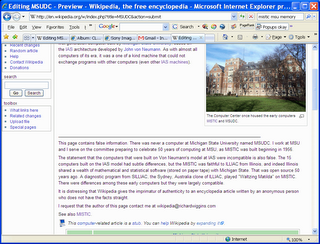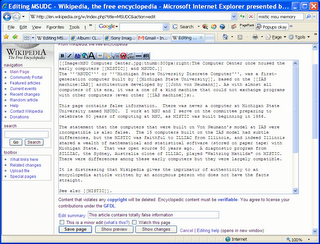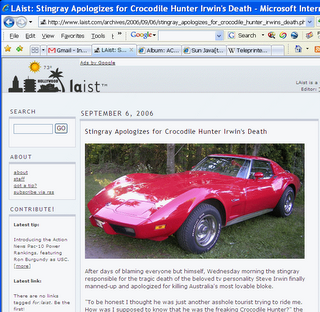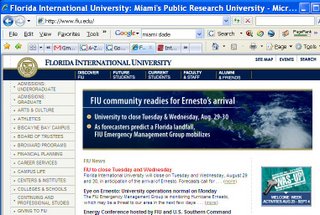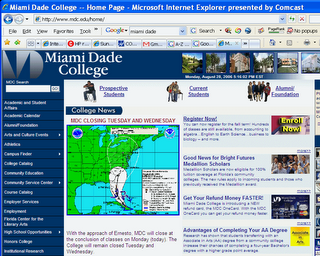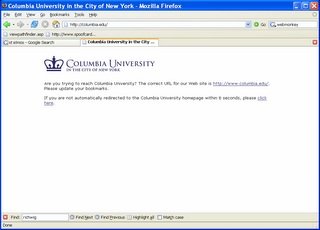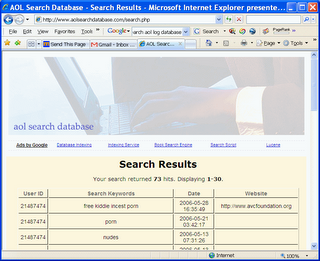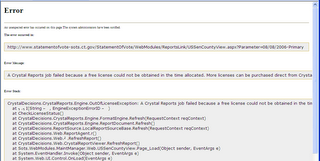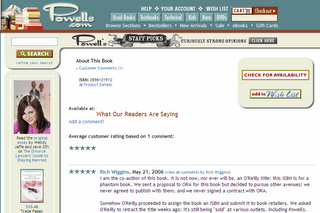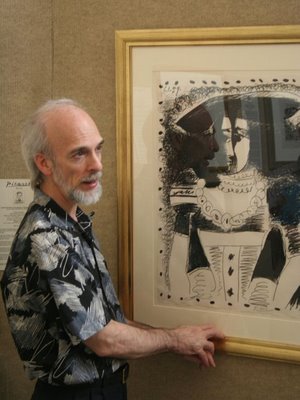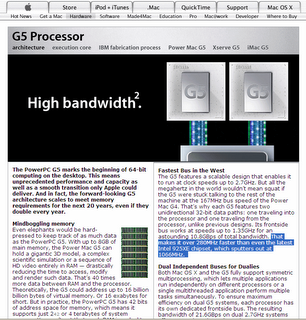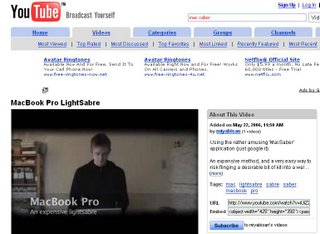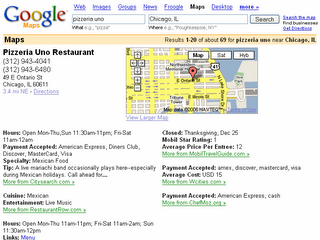Today's New York Times carried an obituary for Alan Kotok, who, according to the obit, was a pioneer in video games. As a devoted Times reader, I was happy that the NYT would publish this kind of obit, remembering impoortant people that most of us would little note nor long remember. The article informed me about an important player in computing history. This is why I read The New York Times every day -- to learn things that otherwise I would not know.
But it was very disappointing to read this sentence:
"He was the chief architect for the PDP-10 family of computers and a senior consultant to Digital's AltaVista project, the first Internet search engine."
The second half of this statement is false. AltaVista was not the first Internet search engine.
AltaVista was an important milestone in Internet history, the Google of its day. I personally badgered DEC to market AltaVista as an enterprise search product; my employer, Michigan State University, was one of the first beta testers of AltaVista Enterprise Search. (Alas, AltaVista did not scale to handle millions of URLs, and AltaVista, like DEC, died.)
But by no measure can you say that AltaVista was "the first Internet search engine." Certainly Archie, created by Peter Deutsch and colleagues, was an important early Internet search engine, helping you find software to download, eons before AltaVista. In the Gopher era, Veronica was an important Internet search engine, circa 1992. Other important Internet search engines predate the launch of AltaVista.
Even in the Web era, AltaVista was not the first search engine. For instance, I remember WebCrawler, which dates to 1994, very early in the Web era. AltaVista came out at least a year later.
As I recall, I first learned of AltaVista when I read about it while reading my New York Times sitting in a Wendy's restaurant in East Lansing, Michigan. I hope NYT reporters appreciate that history entails more than the first time he or she happened to write about a milestone.
As The New York Times is the newspaper of record, I hope and expect The Times will correct this error.
Alan Kotok, 64, a Pioneer in Computer Video Games, Is DeadBy
JOHN MARKOFFPublished: June 3, 2006
Alan Kotok, a computer designer who helped create the first video game program as a member of a small group of M.I.T. students in the early 1960's, died at his home in Cambridge, Mass., on May 26. He was 64.
The cause was a heart attack, his daughter, Leah Kotok, said.
As a student at the Massachusetts Institute of Technology, Mr. Kotok developed an interest in computers after joining the M.I.T. Model Railroad Club in the late 1950's. Its membership included several other young men who shared his interest, and the organization became a kind of incubator for the computer design field.
The students were the original computer hackers, at least as they defined the term. Today it also refers to a computer outlaw, but the term originally described a member of a subculture of passionate hardware and software designers. A "hack" was a project without constructive end, according to a dictionary compiled by the Model Railroad members.
....
















